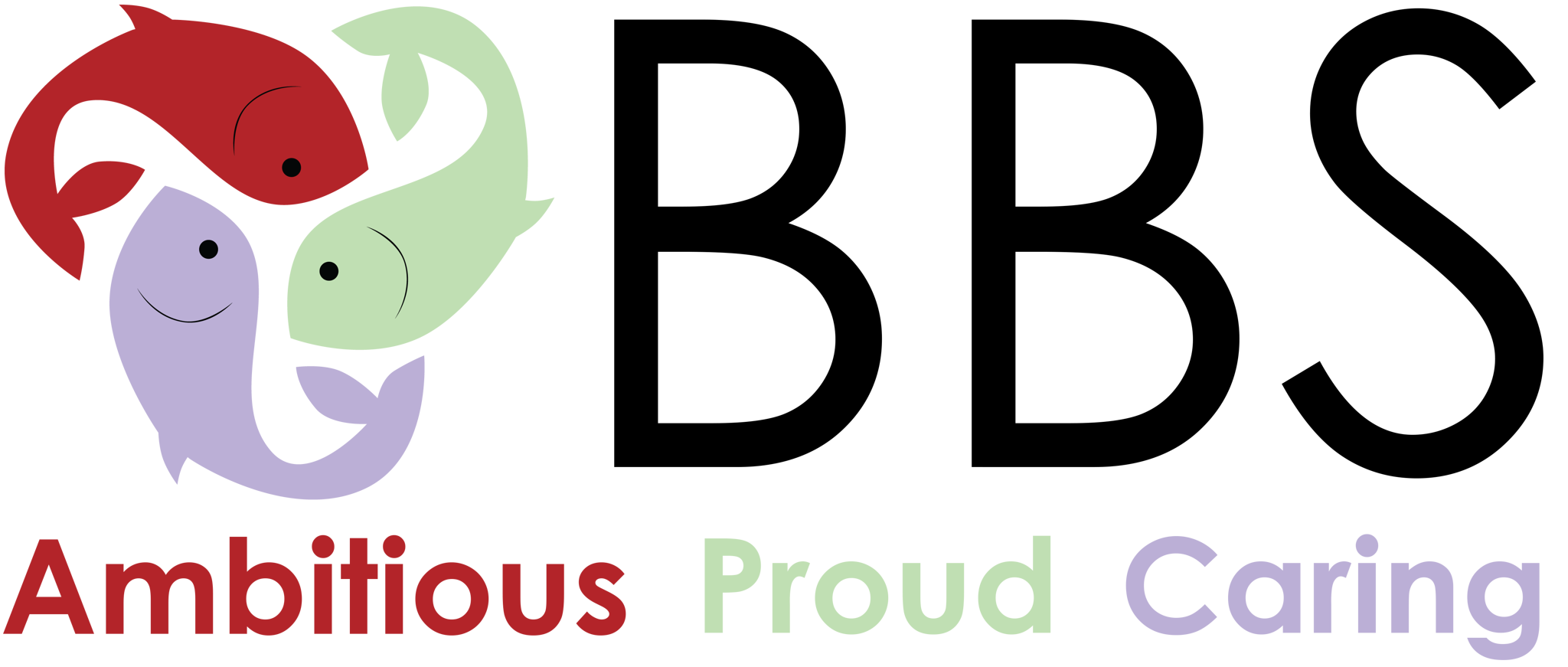Developing the Cultural Capital of students at Burton Borough School
What is Cultural Capital?
Cultural capital is the accumulation of knowledge, behaviours, and skills that a student can draw upon and which demonstrates their cultural awareness, knowledge and competence; it is one of the key ingredients a student will draw upon to be successful in society, their career and the world of work.
Cultural capital promotes social mobility and success in our stratified society.
Cultural capital gives a student power. It helps them achieve goals, become successful, and rise up the social ladder without necessarily having wealth or financial capital.
Cultural capital is having assets that give students the desire to aspire and achieve social mobility whatever their starting point.
The delivery of Cultural Capital in schools is now part of the Ofsted Framework.
The delivery of cultural capital happens both in lessons and in enrichment activities. It encompasses everything that we do in school.
We have chosen to focus on developing our students’ cultural capital in:
- Global Citizenship Development
- Personal Development
- Social Awareness
- Physical and Mental health Development
These areas include:
- Global Citizenship
- Inter-faith program of awareness in school
- Support from Multi-cultural Development Team eg training
- Black History Month awareness
- Access to other languages and cultures through MFL and international trips
- Spanish Exchange program
- Rainbow Room
- Links to Makunga and Pen Pal letter writing
- British Council Funding
- Multi-language signage
- Personal Development
- Careers and Information, advice and guidance provision;
- Personal Finance Education;
- Employability skills, including work experience;
- Citizenship, Personal, Social and Health Education provision;
- Growth mindset and metacognition - Resilience development strategies;
- Transition support;
- Work to develop confidence e.g. public speaking and interview skills;
- CLL program
- Mental and physical health
- The Physical Education curriculum;
- Healthy Eating policies and catering provision;
- Anti-bullying and safeguarding policies
- The Health Education dimension of the PSHE programme, including strands on drugs, smoking and alcohol;
- The extra-curricular programme related to sports and well-being;
- Sports day
- Activities available for unstructured time, including lunch and break times;
- Activity-based residentials;
- The curricular programme related to food preparation and nutrition;
- Access to counselling and ELSA
- Diana Award and Well-being/ Anti-bullying ambassadors
- Social Awareness
- EEL Days and Sponsored walks
- Citizenship, Personal, Social and Health Education provision;
- Student volunteering and charitable works;
- Duke of Edinburgh
- Student Voice and School Council;
- Eco-Schools Status
- Small School Charities
- CLL Activities
- Big Think
- Skills development
- Extra-curricular involvement
- Links to current affairs and the news
Each subject contributes to this. Please see the development plans by year group below for more information.
